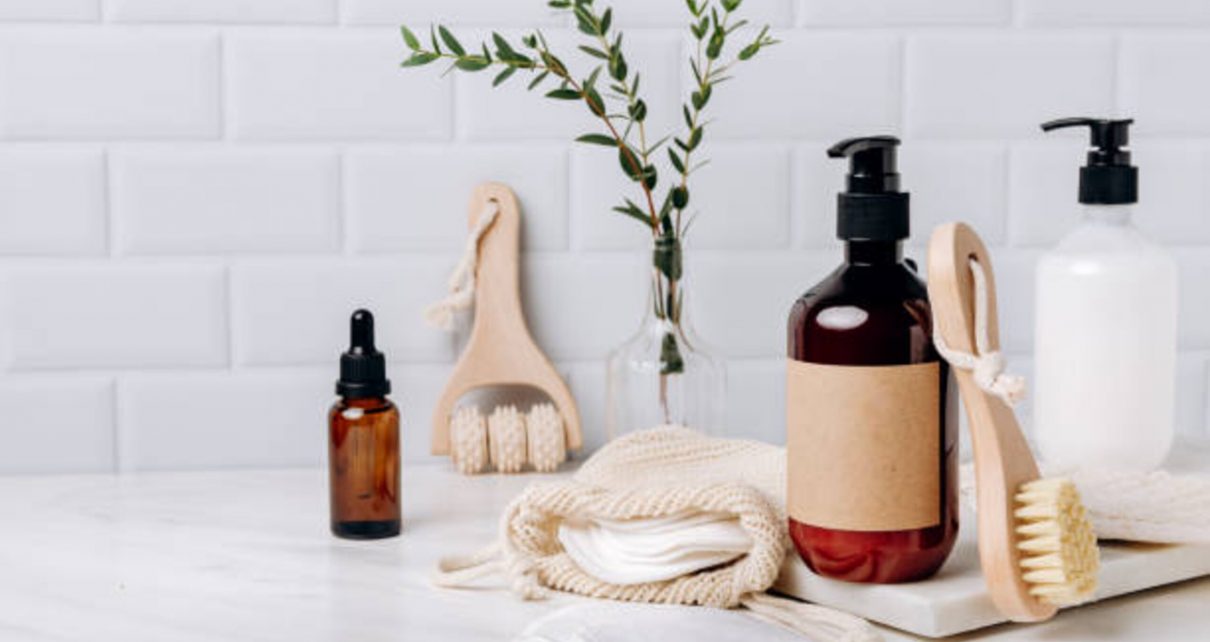
Many years ago, I read a story. It had to do with a medical breakthrough.
Several centuries ago, when medicine was still at one of its crudest points, I’m talking about that era when patients were strapped to a kitchen table and operated on without anaesthesia or any form of painkiller. There was a war and wounded soldiers were taken to hospital where desperate attempts were made to stop bleeding by all manner of interventions ranging from stitching to cutting open and taking out whatever needed to be taken out. It was a nightmare and I’m glad I wasn’t born in that era.
So, this doctor noticed that most, if not all, of the patients eventually died not from the procedures or surgery but from the resulting infections. So, he decided to start sterilising his hands, equipment and surfaces before surgery. In the absence of methane, he used whiskey or brandy to clean up surfaces, equipment, and his hands, and he also repeated this action after the entire procedure. After this, over 50% of his patients survived, recovered, and eventually healed. This was a breakthrough at the time, and I’m sure it inspired the mass production of alcohol (not the drinks) for hospital use.
From here, healthcare professionals urged people to maintain proper hygiene, as it was a means to saving lives and overall health.
There are several forms of hygiene, ranging from personal and intimate to equipment, hardware, and surfaces around us.
1. Hand hygiene. We can never wash our hands enough. The COVID-19 pandemic taught us many things. There are germs all over. In the air, on surfaces, and practically everywhere in the environment. As we go about our business, we touch surfaces and people and also come into contact with airborne germs, so we can never wash our hands enough.
Whenever I come back home from any outing, after dropping whatever I’m carrying and taking off my shoes, the next thing I do is wash my hands. If you check the colour of the water, you’ll see your hands are very dirty.
Wash hands before and after eating, after using the toilets, after changing pads and diapers, after handling garbage or waste bins, after tending a wound, after handling an animal and also when you sneeze and cough. The spread of infection is easily stopped or reduced by practising this very important habit. In the absence of water, a hand sanitiser will suffice but nothing beats good old soap and water. While washing your hands, ensure you clean your nails too. It’s advised to always keep them short, because underneath those nails is the perfect hideout for germs.
I would love to quickly add that we practice the extremely difficult habit of not always touching our faces, rubbing our eyes and noses, etc., especially when we’re outside. These hands are a very effective medium for the transfer of germs.
2. More intimate hygiene is how we care for our private areas. Shaving ensures that peculiar odours that come from our nether regions are eliminated. For women, after peeing, it is very important to dab with wipes. This helps minimise scents from down below. And it is not enough to bathe regularly. We must pay attention to thoroughly drying up those areas that are hidden under extra skin or fat. I’m talking about under the breasts, the armpits, below the belly (if you have folds), the groin and in between the butt.
3. Of course, we know taking a bath is important. Most people bathe twice a day, unless you’re living in the North Pole. The same goes for your teeth. At least twice a day. A dentist told me that if I couldn’t brush my teeth after every meal, I should ensure I rinsed my mouth with water after every meal. Pregnancy taught me how to floss to avoid bleeding gums. The dentist also said toothpicks aren’t even healthy so to avoid them. And change that toothbrush every three months.
4. Wash your bra often, especially your favourite black one. We shouldn’t wear any bra more than 3 times. This doesn’t include hot days when you sweat.
5. Towels should be washed after every two or three uses. To do this efficiently, you’ll need to have at least 2 towels.
6. Bedsheets and pillowcases, too should be washed every week.
7. When it is that time of the month, women need to change pads as often as possible. Heavy flow will require more frequent changes. But whatever the case, wearing one pad the whole day is out of the question. Also at night, the vagina needs to breathe. So, sleeping with panties shouldn’t be encouraged. Remember yeast also grows in the absence of air.
The effects of poor hygiene range from body odour and bad breath to greasy skin, plaque, gum disease and very low self-esteem. Every day, we come in contact with millions of germs, bacteria and viruses that pose a great risk to our health. Maintaining proper hygiene is the best way to curb the spread of disease and infection.
Joy Mfon Essien is an Entrepreneur and the CEO, Discover Essence Media, Millionaire Woman Soapworks and Delicioso Foods. Writer, TV presenter and producer, Wellness Coach and mom of two.



